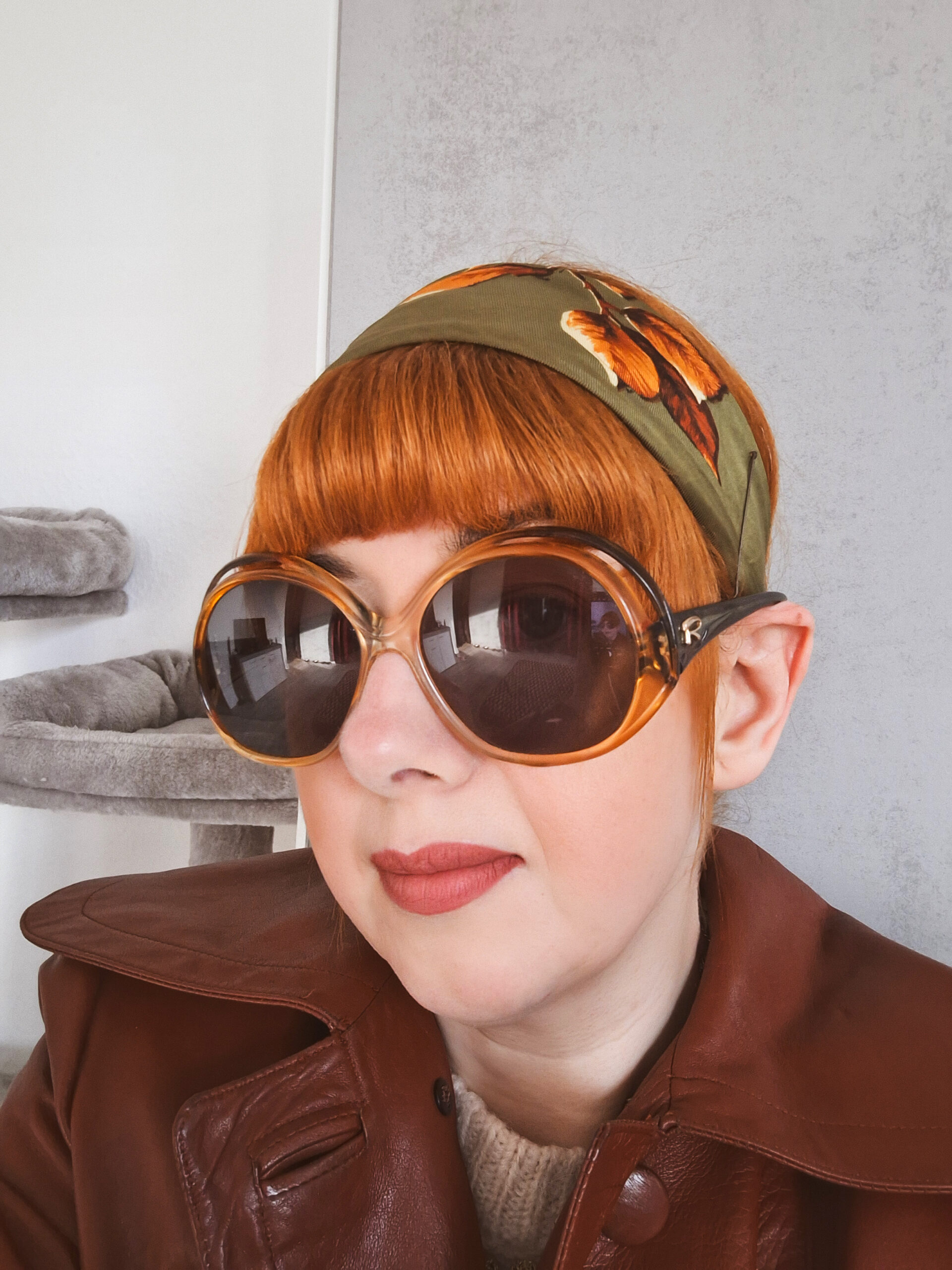By Melanie Ulland
Before I came out as bisexual at the age of 20, I was a staunch supporter of the LGBTQIA+ community. One of my relatives was gay and my friend circle consisted mostly of queer people. Viewing it as an ally, this community appeared huge to me. And then came the fateful night during which I discovered that my previously uncertain crushes and attraction to women were more than a symptom of my adolescence. As big and diverse as my local community seemed to be, I found myself to be the only bi woman. It was quite a logical decision to look for my own community. Instead of a welcoming group who could relate to my set of experiences, I found loneliness. My friends were either gay or lesbian, and my coming out as bisexual was mostly disregarded as a “phase.”
Even outside of my friend group, there was no group explicitly focused on bi+ people where I lived. Even in groups that welcomed people of all queer identities, I often found myself the only bisexual. I wasn’t a stranger to being an outsider, but this time it felt more isolating. What contributed to that feeling was the amount of biphobia I came across. My view of the queer community changed. There was no longer the familiar welcoming warmth; identifying as bisexual was frowned upon. Accusations that I was doing it solely for attention or being labeled as confused or being a coward too afraid to come out as a lesbian not only hurt, but made me question the validity of having found my queer calling. What followed were years of slow withdrawal from the very community I had turned to in hope of finding a chosen family. I started to avoid the label bisexual; I either didn’t mention it at all or I resorted to labeling myself as “queer,” sometimes even labeling myself as a lesbian to be perceived as queer enough to date sapphic women. It became a toxic cycle of desperately wanting to belong somewhere while denying who I truly was. It was a painful experience that a community that didn’t grow tired of pointing out how bad it was to be in the closet kind of forced me to put myself in a closet.
The following years became an act of well-curated masks and lies, always running with the fear I could be exposed as the fraud I felt I was. That all led to devastating consequences that nearly cost me my life. When I was forced to rebuild myself and my life quite from scratch, I had to confront who I was in terms of my queer identity. I realized I wanted to embrace my bisexuality again, but the support in my surroundings still was scarce at best. It was more of a coincidence in 2018 that I found the American Institute of Bisexuality and its outlet Bi.org, followed by Bi Women Quarterly and many other groups mostly located in the United States or the United Kingdom. But those groups and sites were exactly the community I had been looking for. Suddenly, there were people who could relate to my troubles and experiences and who welcomed me with open arms. That same year I started writing occasionally for Bi Women Quarterly. As joyful as it is to see my own words published, I did it and continue to do it because I never forget how lonely I felt and how desperately I hoped to find a community. If just one person can relate to a word I wrote and it makes them feel seen and less alone, it’s the only reward that counts.
The community I found also helped me to push my boundaries and dip more toes into activism. I joined the Bi+ Book Gang in December 2024 and submitted a piece to their upcoming anthology on bi erasure. Being a part of these communities made me realize how important it is that we use our voices, that we tell our stories and be out there. I’m still surprised how big the bi+ community is compared to how little we’re actually visible.
Here in Germany, we don’t have this diversity of different sites, online groups, or grassroots publications. I got tired of complaining about how this lack of diversity is responsible for rampant online biphobia and lack of knowledge when it comes to bi+ issues. To be in these incredibly supportive communities gave me the courage to try something new: a bilingual educational video podcast focused on bi+ representation and issues, which will air its first episode in June. The reason I’m doing this is simple: I have relied on the community to help me to find my voice and how to raise it. Now I want to do the same to help others, to strengthen our community and to make us more visible to the world.
Melanie Ulland is a bisexual content creator living in Bremen, Germany. She’s an aspiring writer and currently developing her own educational bi+ focused video podcast.

